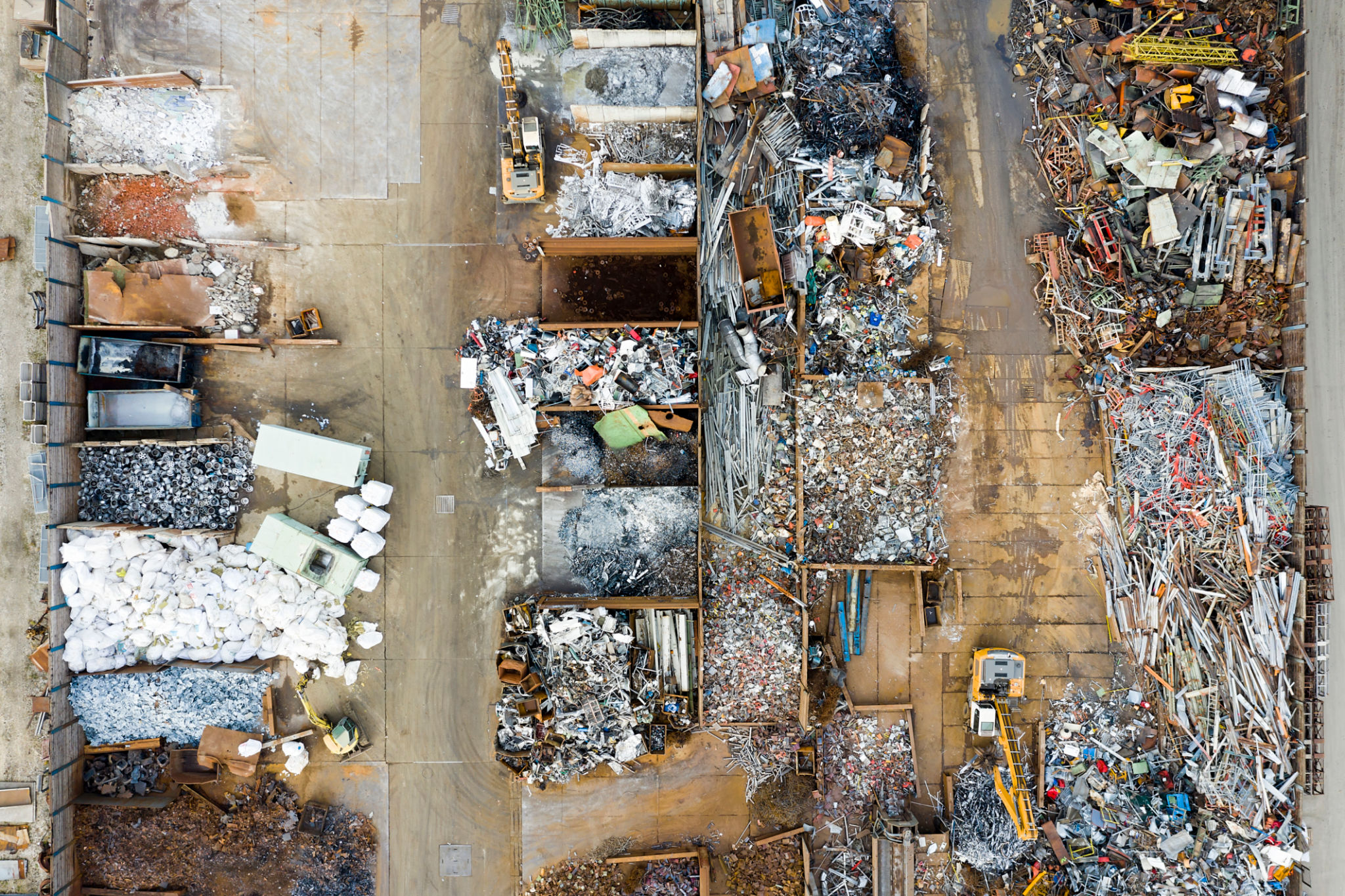The Complete Waste Clearance Checklist for Salford Quays Businesses
JG
Understanding Waste Management Regulations
Managing waste effectively is crucial for businesses in Salford Quays, not only to ensure compliance with local regulations but also to contribute towards environmental sustainability. Understanding the waste management regulations is the first step in creating an efficient waste clearance plan. Businesses must familiarize themselves with the types of waste they generate and the appropriate disposal methods for each category. Regularly reviewing these regulations will help avoid fines and contribute to a cleaner environment.

Identifying Different Types of Waste
Before setting up a waste clearance plan, it’s important to identify the different types of waste your business generates. Common categories include:
- General waste: Everyday items that cannot be recycled.
- Recyclables: Materials like paper, cardboard, glass, and certain plastics.
- Hazardous waste: Items that pose a risk to health or the environment, such as chemicals and batteries.
- Organic waste: Biodegradable materials like food scraps.
By categorizing waste accurately, businesses can streamline their disposal processes and make informed decisions about recycling and treatment options.
Creating an Efficient Waste Clearance Plan
Once you have identified the types of waste, the next step is to develop a comprehensive waste clearance plan. This plan should outline strategies for minimizing waste production and optimizing disposal. Key components of a successful plan include:
- Setting clear waste reduction goals and measuring progress.
- Implementing recycling programs to divert as much waste as possible from landfills.
- Partnering with licensed waste management companies for safe disposal.
An efficient plan not only helps in reducing costs but also enhances your business’s reputation as an environmentally responsible entity.

Selecting a Reliable Waste Management Service
Choosing the right waste management service is crucial to ensure your business complies with legal requirements and operates sustainably. When selecting a provider, consider factors such as:
- Licensing and certifications: Ensure they are authorized to handle your specific types of waste.
- Experience and reputation: Research their track record and customer reviews.
- Range of services offered: A provider offering comprehensive services can cater to all your needs.
A reliable partner can significantly ease the burden of waste management, allowing you to focus on core business activities.
Training Staff for Effective Waste Management
Training employees on proper waste management practices is essential for the success of your waste clearance plan. Provide training sessions and resources that cover:
- The importance of separating waste at the source.
- Correct recycling practices and what materials can be recycled.
- Procedures for handling hazardous and organic waste safely.
Engaging staff in these practices not only improves efficiency but also fosters a culture of sustainability within your organization.

Monitoring and Reviewing Your Waste Management Practices
Regularly monitoring and reviewing your waste management practices is key to ensuring they remain effective. Conduct periodic audits to assess the volume and types of waste being generated. Use this data to refine your strategies and set new targets for reduction. Additionally, staying informed about advancements in waste management technologies can present new opportunities for improvement.
An effective waste clearance checklist, tailored to your business's unique needs, can lead to significant cost savings, regulatory compliance, and a positive environmental impact. By implementing these strategies, Salford Quays businesses can lead the way in sustainable operations while contributing to a cleaner community.